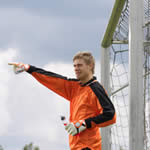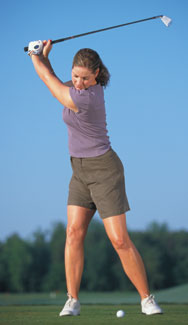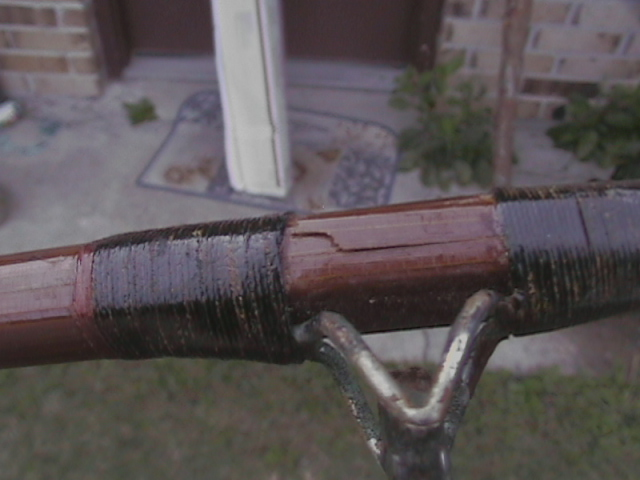
Goalkeeping is something that takes a lot of experience to be really successful. This is exactly why you see top-level goalkeepers playing into their 40s. The prime age for a goalkeeper is actually about 30 years old.
Why? It is all about experience and how well you are able to direct and command your penalty area and goal. The more situations you experience, the better you will be to thwart out opportunities before they actually happen. A big way to do this is by communication. Knowing what, when and how to say it is critical for the goalkeeper.
One of the areas that I get asked a lot about is "how do I get my goalkeeper to talk more?" Well to answer that we need to know what age goalkeeper we are dealing with. For example, if you have a 9-year-old goalkeeper, you certainly can not expect to see and hear your goalkeeper communicating the same things that you see on TV, just like you would not expect the field player to communicate well at this age either. Players at this age are totally fixated on the soccer ball and can't really comprehend anything else that might be going on in the game.
But, the 18-22 year old goalkeeper is expected to be more comfortable with their individual personality and should understand game situations and see a lot more things within the game--and thus have the ability to communicate more and with purpose.
At the young ages of their development, we cannot expect too much from goalkeepers in regard to communication, especially during the ages of 10-13. What I would recommend is to quiz your goalkeeper. Ask them "what should you be communicating to your teammates?" The answer you will most likely get? "I don't know."
Most young goalkeepers do not talk because they do not know what to say--it is that simple. They have hardly experienced anything yet in their young soccer careers and we are expecting them to talk like the 35-year-old professional that we all watch on television. This is extremely unrealistic and unfair to that young goalkeeper, especially if we truly understand the childhood development of that particular age.
When I work with young goalkeepers in our Goalkeeper Schools, we focus on getting young goalkeepers to communicate five things at the young ages (10-15):
If a goalkeeper can at least communicate these five things, they are on the road to success! In addition to these, if they are able to match up players, have players keep shape, etc., then that is a bonus, but it is NOT the expectation for the young goalkeeper. Focus on having them understand these simple five things first and then build from there.
Once they realize what to say, now we need to focus on having them understand when to say it. This is actually more important than knowing what to say...It must always be early! Communication after the fact is not useful information so we must make sure they are able to see and vocalize this information early.
For example, we say "Keepers" when we are coming for a cross (as well as other situations), but how many times have you seen a young goalkeeper saying "Keepers" when they are actually catching the ball? This is way too late. The whole reason for the communication is to let your teammates know that you are coming for the ball and let them get out of your way. So, if you give the information when you are catching the ball, most likely the defender has already committed to the ball as well...now both of you are running into each other. This obviously will cause potential problems. Early information is critical for successful communication.
Now the final piece to the puzzle: how do we say it? Well, this leads us to a whole new discussion because, it all depends. Is their a sense of urgency? Who am I communicating to? What is the situation? There are a lot of variables...now you can understand why the experience factor is so critical and takes a long while to get comfortable with.
There is a definite vocal tone that you will need in different situations. For the younger ages, I would recommend that they just focus on the what and when and not so much the how. They will figure out gradually the how over time and as they physically and mentally mature. Knowing personalities of players is a big key to the how, too. If you have a player that gets flustered easily, you might need to encourage a bit more with your voice and not be so demanding...But, another player might love being pushed and scolded a bit more, now you have to adjust your vocal tone and commands to meet the different demands of the players. I firmly believe that goalkeepers need to be psychologists and understand the personalities of all their teammates to properly communicate with them.
To be a top-level goalkeeper, you will need to communicate properly in order to eliminate opportunities before they ever become opportunities. If you do not communicate, you are just a shot-stopper. And we are always saying in our goalkeeper schools, if someone calls you a "good shot-stopper", they have NOT paid you a compliment. Shot stopping is just one element of goalkeeping.
We try to develop complete goalkeepers. Understanding the WHAT, WHEN and HOW about communication is critical to becoming that goalkeeper!



Copyright © www.mycheapnfljerseys.com Outdoor sports All Rights Reserved